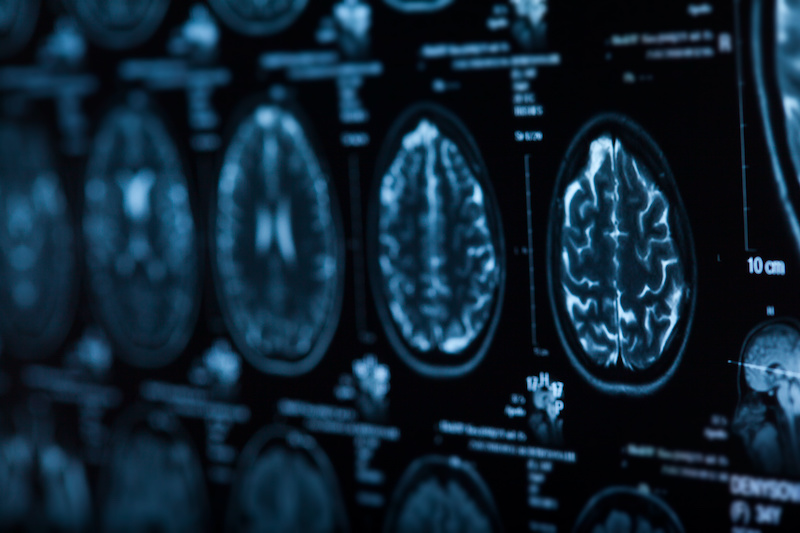 The 90-second rule is a clinical tool that can be used to screen for Alzheimer’s disease in a brief period of time. It involves asking the patient a series of questions about their memory, orientation, and executive function. If the patient answers two or more of the questions incorrectly, they may be referred for further testing to confirm a diagnosis of Alzheimer’s disease.
The 90-second rule is a clinical tool that can be used to screen for Alzheimer’s disease in a brief period of time. It involves asking the patient a series of questions about their memory, orientation, and executive function. If the patient answers two or more of the questions incorrectly, they may be referred for further testing to confirm a diagnosis of Alzheimer’s disease.
 The 90-second rule is not a definitive diagnostic test for Alzheimer’s disease, but it can be a helpful tool for identifying patients who may need further evaluation. The questions that are asked during the rule are:
The 90-second rule is not a definitive diagnostic test for Alzheimer’s disease, but it can be a helpful tool for identifying patients who may need further evaluation. The questions that are asked during the rule are:

- What is your name?
- What is the year today?
- Where are we right now?
- Can you repeat this three-word phrase after me: “apple, chair, table”?
- Can you draw a clock and put the numbers on it correctly?
 If the patient answers two or more of these questions incorrectly, they may be referred for further testing, such as a brain MRI or PET scan. These tests can help to rule out other possible causes of dementia, such as vascular dementia or Lewy body dementia.
If the patient answers two or more of these questions incorrectly, they may be referred for further testing, such as a brain MRI or PET scan. These tests can help to rule out other possible causes of dementia, such as vascular dementia or Lewy body dementia.
The 90-second rule was first developed by Dr. Jeffrey Burns, a neurologist at the University of California, San Francisco. He found that the test was able to identify patients with Alzheimer’s disease with a high degree of accuracy. In a study of 200 patients, the 90-second rule correctly identified 88% of patients with Alzheimer’s disease.
The 90-second rule is a quick and easy way to screen for Alzheimer’s disease. It is not a definitive diagnostic test, but it can help to identify patients who may need further evaluation. If you are concerned about your memory or thinking skills, talk to your doctor about the 90-second rule.

